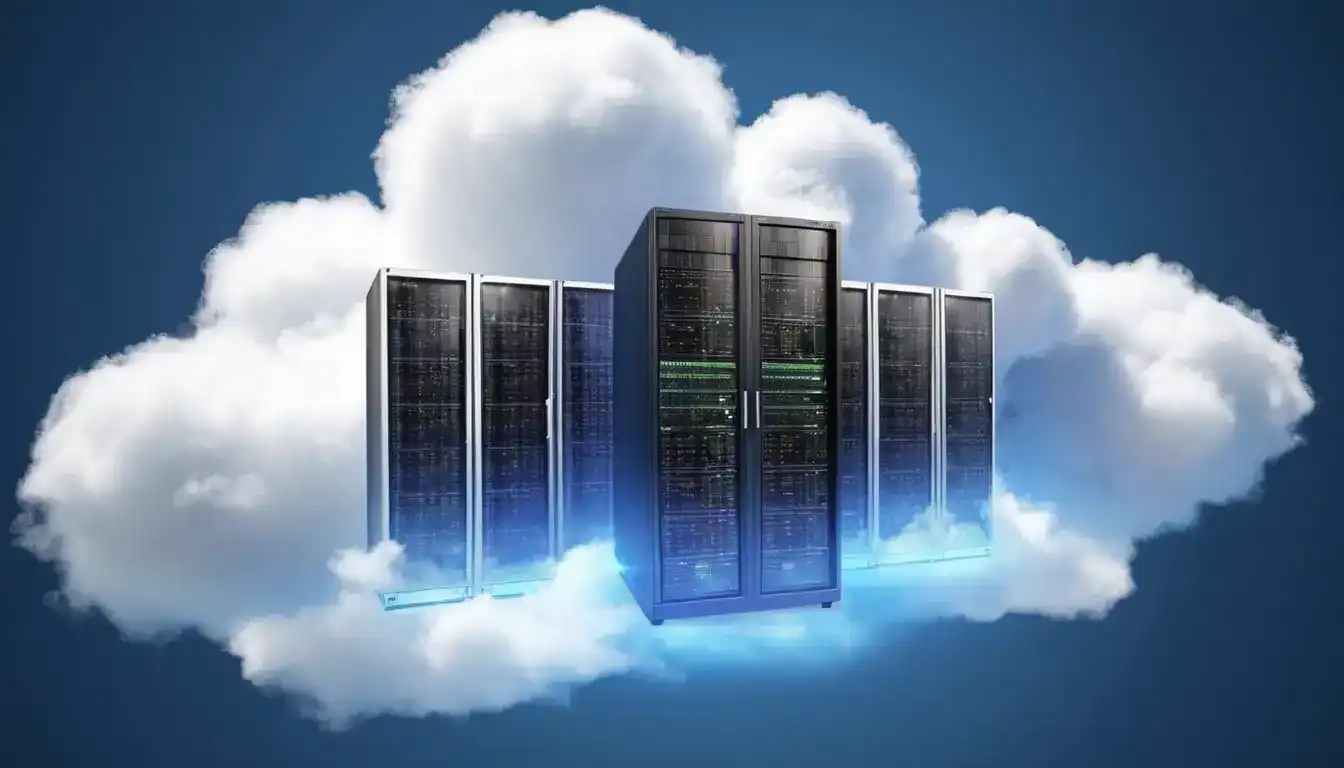Latest Article

sustainable economic development for developing nations and explores various strategies that can be adopted to achieve this goal. These strategies include investment in renewable energy, promotion of sustainable agriculture, infrastructure development, education and skills development, promotion of green technologies and innovation, enhancing access to healthcare and social services, and policy and governance reform.
Emily Willis
Perfection is not when...

Globalization has reshaped the economic landscape, connecting countries and markets like never before. For emerging economies, this presents both challenges and opportunities. Challenges include economic vulnerability, income inequality, job displacement, and environmental impact.
Emily Willis
Perfection is not when...

Infrastructure development is crucial for driving economic growth and regional integration by improving connectivity, facilitating trade, and enhancing quality of life. Investments in transportation networks and digital infrastructure support businesses in accessing larger markets and capitalizing on trade opportunities. Well-developed infrastructure simplifies trade processes and attracts industries to specific regions, promoting economic development. Access to essential services and urban infrastructure improves quality of life and fosters sustainable urbanization. Green infrastructure projects support environmental conservation and contribute to sustainable development goals. Overall, strategic investments in infrastructure are essential for building resilient, inclusive, and prosperous communities in the global economy.
Emily Willis
Perfection is not when...
Trending 🔥
View All
1
2
3
4
5
6
7
8
9
10
Sports
View AllAugust 4, 2024
The Importance of Mental Training and Psychological Strategies in Helping Athletes Reach Their Peak Performance on the Field
Read MoreAugust 4, 2024
Benefits of Cross Training for Athletes: Improves Performance and Prevents Injuries
Read MoreTechnology
View All
August 5, 2024
Challenges and Opportunities in Implementing IoT Technology
The Internet of Things (IoT) is revolutionizing industries by enabling real-time monitoring, automation, and decision-making. However, implementing IoT technology comes with challenges such as security concerns, interoperability issues, data management, scalability, and cost. Despite these challenges, IoT offers opportunities for operational efficiency, enhanced customer experience, innovation, environmental sustainability, and business intelligence.

August 5, 2024
The Future of Cloud Computing and Its Impact on the Business World
Cloud computing has revolutionized business operations with benefits such as cost savings, scalability, and flexibility. The future of cloud computing includes trends such as edge computing, hybrid and multi-cloud strategies, AI and ML integration, serverless computing, quantum computing, enhanced security measures, and sustainability initiatives.

August 5, 2024
The Most Common Types of Cybersecurity Threats
In today's digital age, cybersecurity threats are increasing in sophistication and frequency. It is important for businesses and individuals to be aware of these threats in order to protect sensitive information and maintain privacy. Understanding common types of cybersecurity threats is the first step in safeguarding against them.

August 5, 2024
Types of Cloud Computing Services Available
Cloud computing has become essential for modern businesses, offering services that streamline processes, reduce costs, and increase flexibility. Understanding the types of cloud computing services available, such as Infrastructure as a Service (IaaS), Platform as a Service (PaaS), and Software as a Service (SaaS), can help businesses make informed decisions.








